Get the most up-to-date outbreak information here.
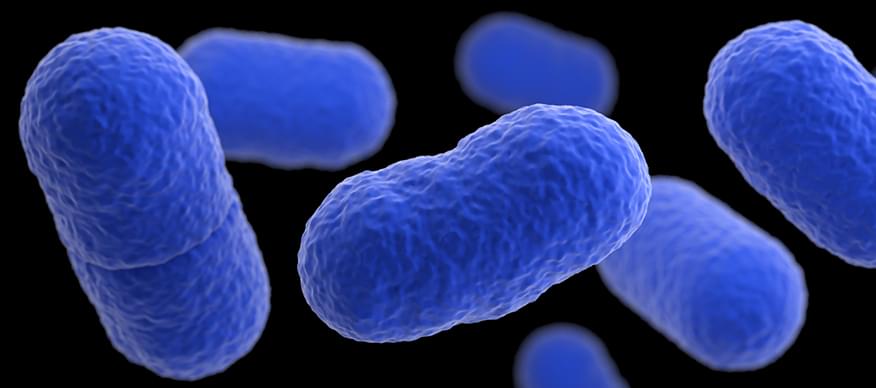

In an attempt to radically alter the fast food industry, one Los Angeles based business is serving up healthy fast food at the same low cost as competitors like McDonald’s and Burger King.
The people at Everytable believe that healthy food isn’t a luxury product to be enjoyed by the most affluent, but rather, it is a human right that should be accessible to all. So they came up with a unique business model that enables them to provide cheap healthy food in low-income communities and food deserts.
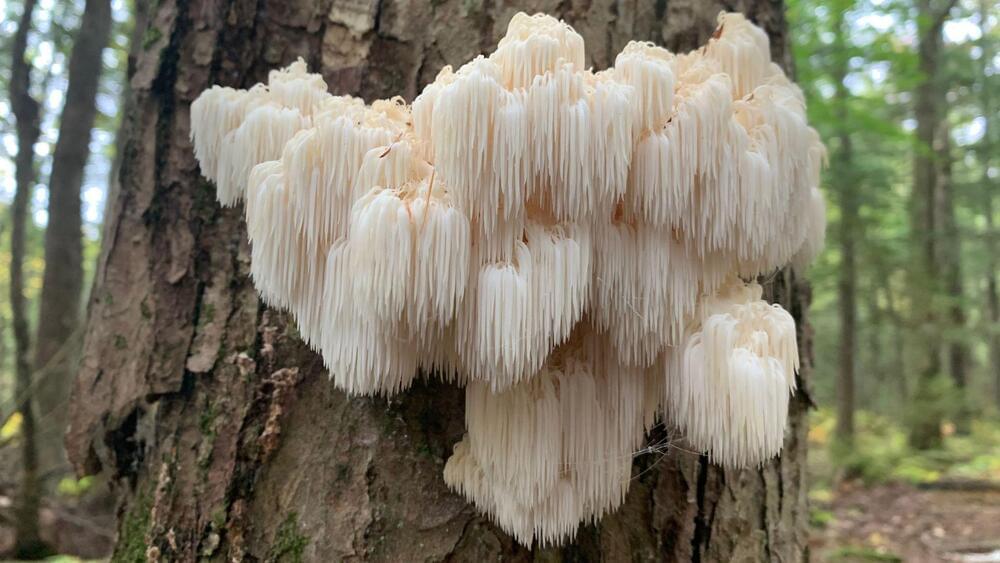
The compound inside the mushroom could be used to treat Alzheimer’s.
An active compound found in an edible mushroom may just be able to improve nerve growth and enhance memory leading to treatments for debilitating diseases such as Alzheimer’s.
The mushroom can be found in North America, Europe, and Asia. In traditional Chinese medicine, it is used to boost the immune system and improve digestive health.
Kathleen Ring/iStock.
Professor Frederic Meunier from the Queensland Brain Institute revealed in a report published last Friday that his team of researchers had identified new active compounds from the mushroom, Hericium erinaceus, commonly known as the Lion’s Mane Mushroom.
The PneumoPlanet inflatable lunar habitat offers an opportunity for future lunar astronauts to comfortably live, eat and work on the moon, its designers say.
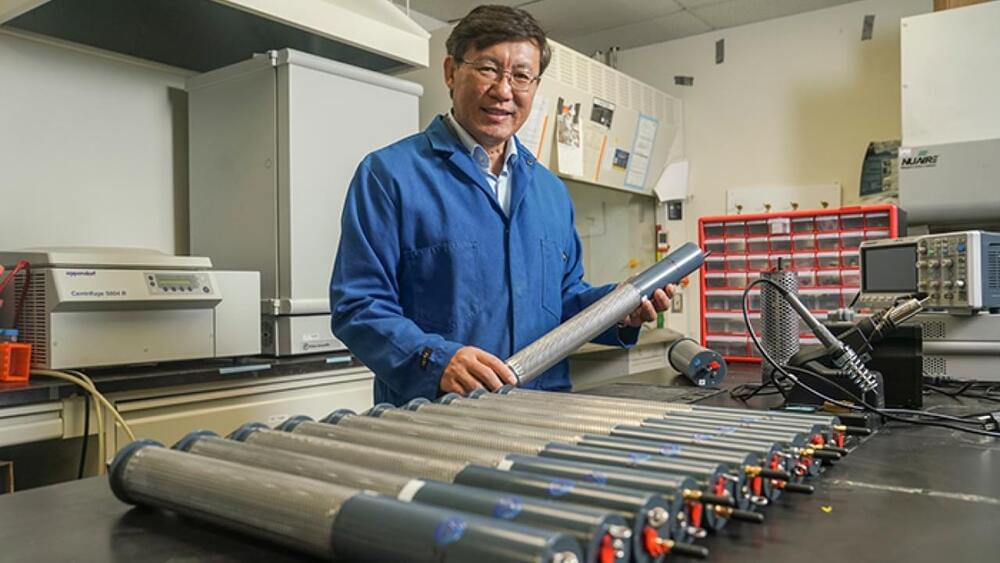
Zhongli Pan is the recipient of the 2023 Distinguished Service Award by the Rice Technical Working Group, which will be presented at the 2023 RTWF Conference on February 20–23. The award recognizes individuals who have given distinguished long-term service to the rice industry in areas of research, education, international agriculture, administration and industry rice technology.
Post-harvest losses are common in the global food and agricultural industry. Research shows that storage grain pests can cause serious post-harvest losses, almost 9% in developed countries to 20% or more in developing countries. To address this problem, Zhongli Pan, an adjunct professor in the Department of Biological and Agricultural Engineering, has developed a potential solution.
Pan’s recent project using an IoT (Internet of Things) based smart wireless technology to remotely detect early insect activity in storage, processing, handling and transportation may solve the insect infestation related challenges for the agricultural industry. The technology uses a novel device called SmartProbe – designed by Pan and his team using wireless sensors and cameras – and leverages cloud computing to monitor and predict insect occurrences. This could help control insect pest, reduce food loss and the fumigants used in agricultural products today. Ragab Gebreil, a project scientist in Pan’s lab, is the co-inventor of this technology.
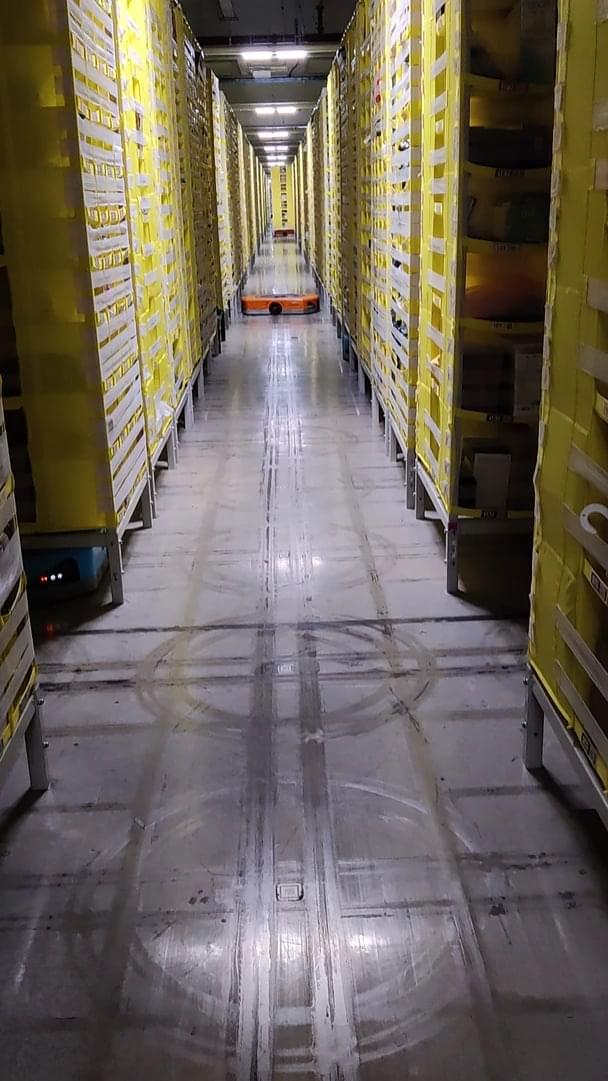

Norovirus is sometimes referred to as the stomach flu, but it is not related to the influenza virus. Rather, it is a highly contagious virus that typically causes gastrointestinal symptoms like diarrhea, vomiting, nausea and stomach pain. Mild fever and aches are possible, too.
Just a few virus particles are enough to make someone sick, and they spread easily via hands, surfaces, food and water. An infected person can transmit the virus for days after they’re feeling better, potentially even up to two weeks, according to the CDC.
Regionally, the Midwest had the highest average test positivity rate for norovirus as of Saturday, at over 19% — higher than any other week in the last year.

The Turkish butcher has since shared with fans exactly how he’s going to support those affected by the earthquake. See the food prep here:
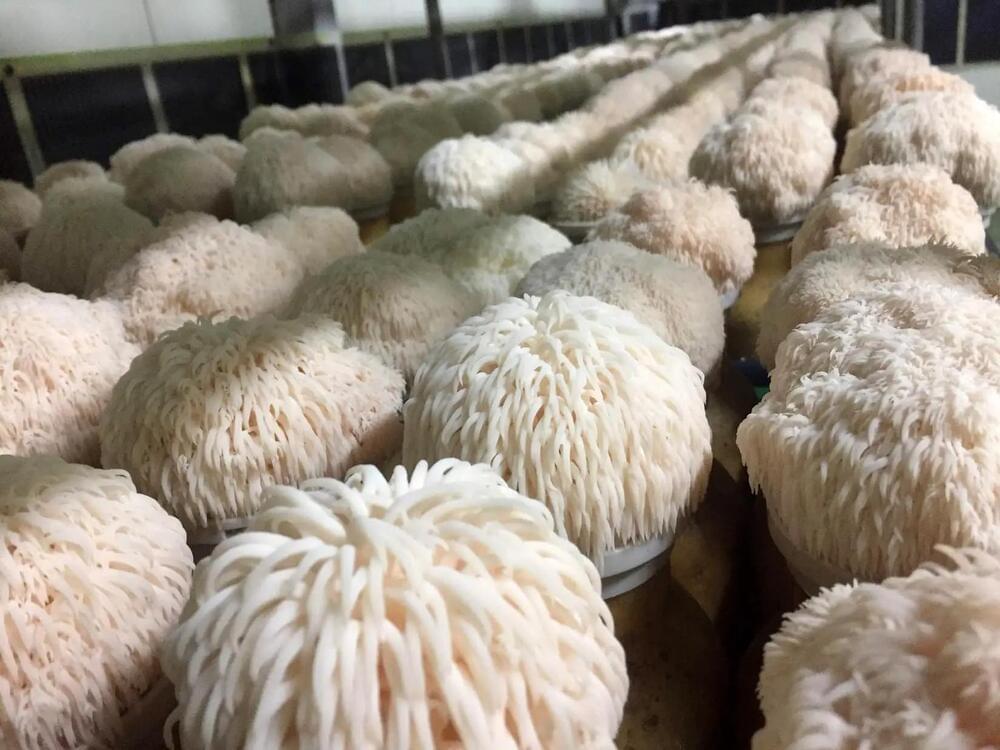
Researchers from The University of Queensland have discovered the active compound from an edible mushroom that boosts nerve growth and enhances memory.
Professor Frederic Meunier from the Queensland Brain Institute said the team had identified new active compounds from the mushroom, Hericium erinaceus. This type of edible mushroom, commonly known as the Lion’s Mane Mushroom, is native to North America, Europe, and Asia. It is commonly sought after for its unique flavor and texture, and it is also used in traditional Chinese medicine to boost the immune system and improve digestive health.
Researchers have discovered lion’s mane mushrooms improve brain cell growth and memory in pre-clinical trials.
